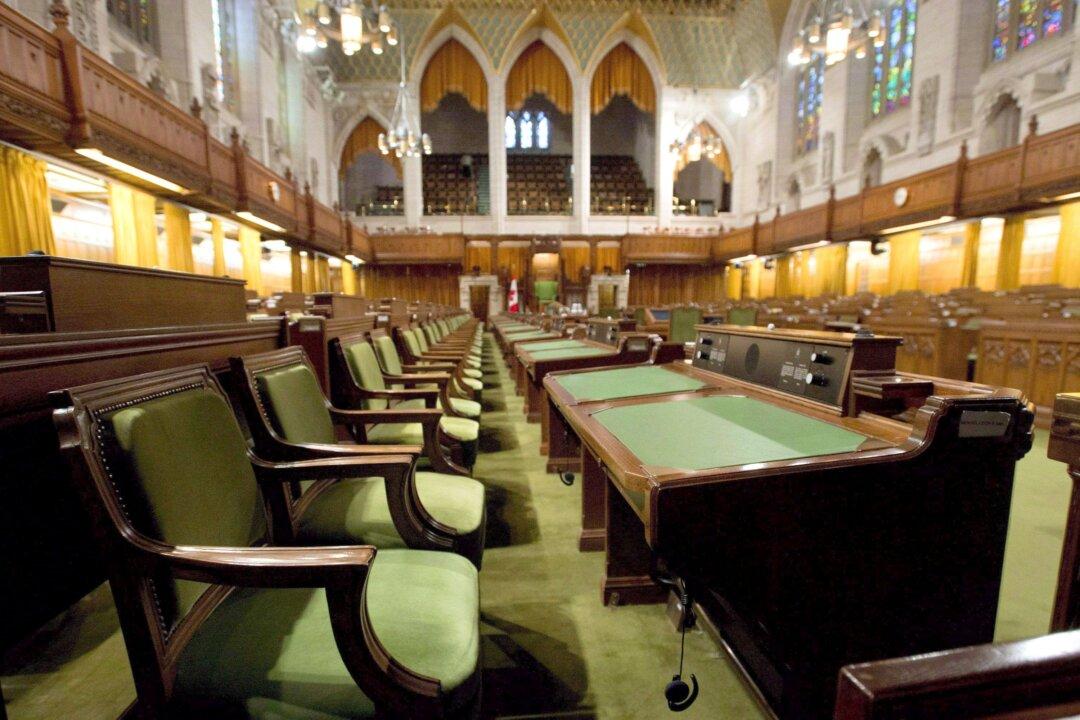Commentary
In January, two citizens filed a legal challenge against Prime Minister Justin Trudeau’s decision to prorogue Parliament until March 24.

In January, two citizens filed a legal challenge against Prime Minister Justin Trudeau’s decision to prorogue Parliament until March 24.